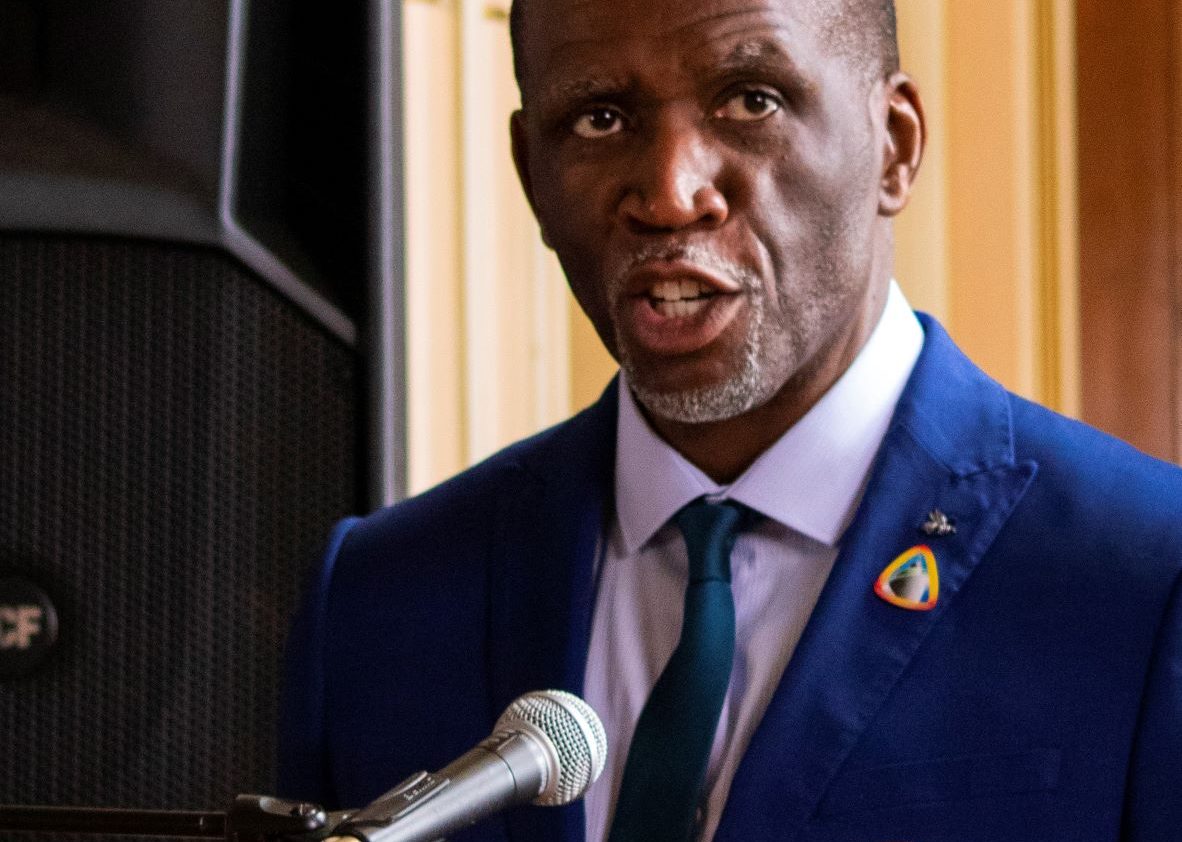
BAME Health Inequality Q&A
Interview with Clive Foster
Qu. Who are you and what is your role in the ICP?
My name is Clive Foster and alongside Donna Sherratt, I lead the ICP programme which aims to reduce inequalities in health outcomes in black, Asian and minority ethnic (BAME) communities. Although that’s not my only job, I keep myself busy with several other roles! Most people know me as Senior Minister at the Pilgrim Church in The Meadows where I lead on social justice campaigns. I am also the founder of the Nottingham Windrush Response Project. I am passionate about promoting equality, inclusion, and diversity across public sectors and chair the black BAME subgroup of the Nottingham Together Board.
Qu. Why is the programme so important?
The Nottingham City Integrated Care Partnership has a clear priority target to reduce health inequality amongst the BAME community. This programme is so important because of the inequalities that exist – the Covid pandemic has identified the clear disparity gaps in health inequality. The BAME community has been disproportionally affected by Covid. It is important that those who are most marginalised and discriminated have fair and equal access to health services and consequently reduce the health inequalities affecting our diverse communities. Whatever we can do to alleviate this is critical to ensure that the quality of health for the BAME community is positively addressed.
Qu. What is it like leading this programme of work?
It is very exciting to lead this programme alongside Donna Sherratt from Small Steps, Big Changes who brings great expertise to the health inequalities agenda. Working alongside members of the BAME community who are passionate about health inequalities within the ICP programme has been a very humbling to experience. I believe it is important to lead by allowing for new and diverse voices to be heard and it is great to facilitate co-production solutions between the BAME community and leaders from ICP partner organisations to reduce health inequalities in Nottingham.
Qu. How do you promote the programme to citizens and to your colleagues?
We work with a group of black, Asian and minority ethnic leaders and influencers who communicate the agenda for this message to their wider networks and congregations. Also, Donna and I are actively involved in speaking at other events within the health sector to promote the importance of this work and speaking to community groups within Nottingham. We encourage people who attend our monthly meetings to talk about this work in their own organisations and networks.
Qu. What positive outcomes have you seen and where can we improve?
We have seen the acknowledgement of co-production between the BAME communities and leaders from the ICP partner organisations to deliver solutions which will reduce health inequality. Having honest and open dialogue which is respectful yet at the same time challenging, bringing the benefits of creating realistic solutions to drive down health inequalities. We have seen a willingness of different and diverse communities come together on projects to reduce health inequality. We have also shared best practise learning because of the pandemic to support communities.
It has been good to see the emergence of the faith communities involved in this work both from the Nottingham Majority Black Led Churches and the Nottingham Council of Mosques. There has been greater acknowledgement of the inequalities that exist on the health agenda and the willingness to put investment towards finding solutions.
We have made some good progress this year but there is still lots of work to do! The commitment shown by ICP partners and leaders from the BAME community to work together to achieve our objectives convinces me that we have got what it takes!